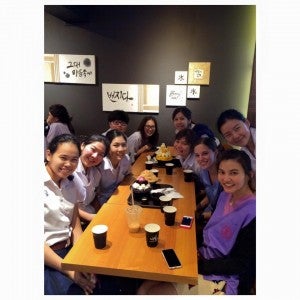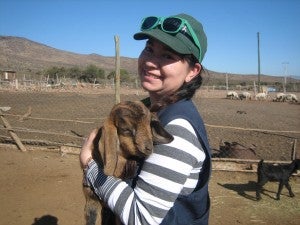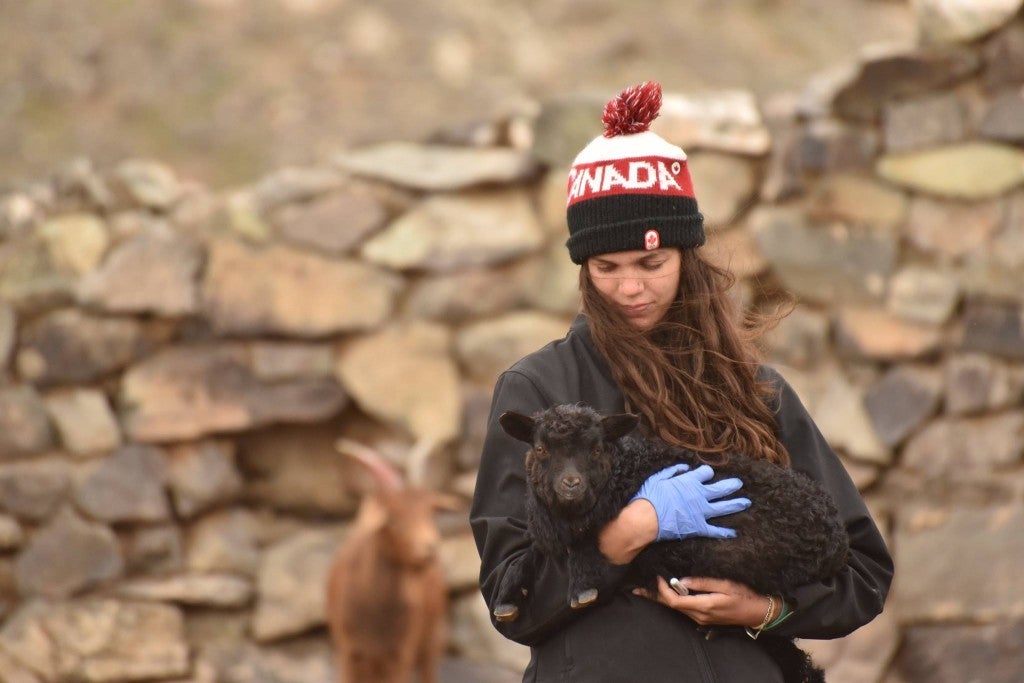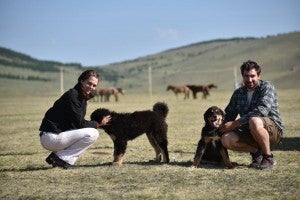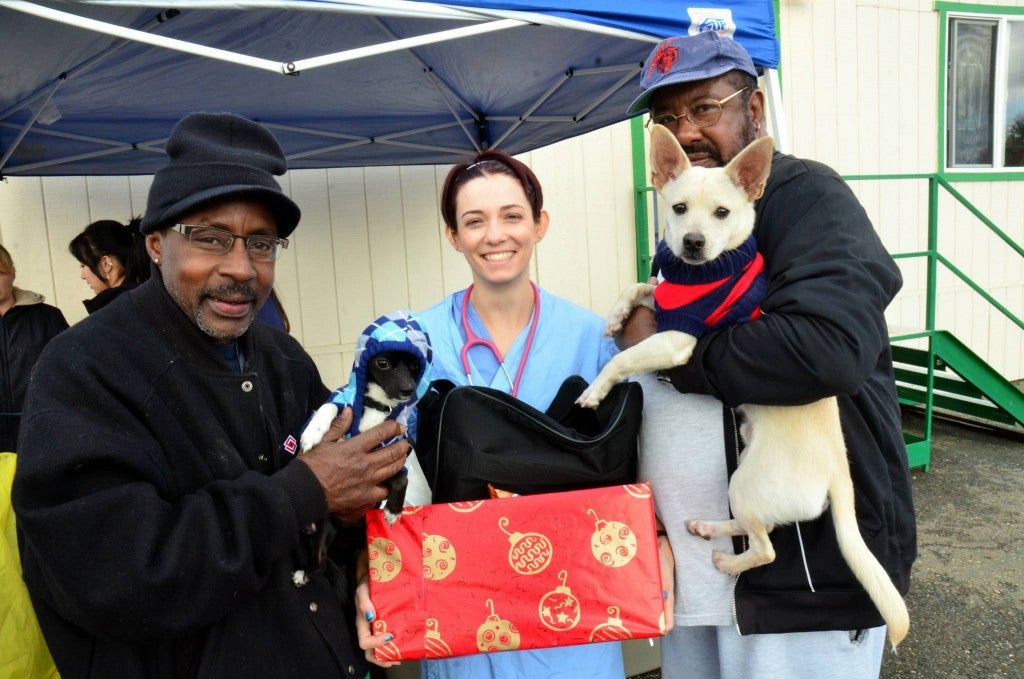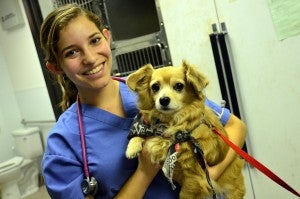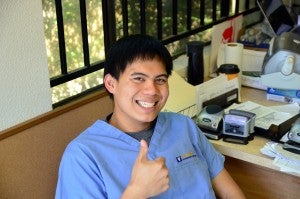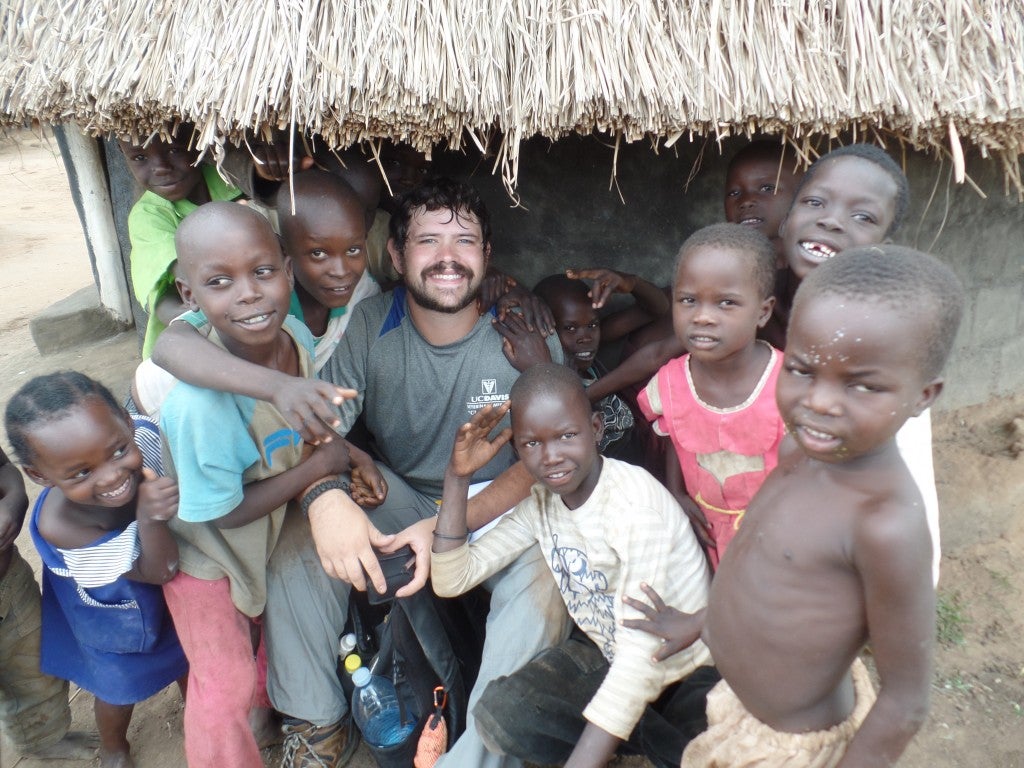Contributed by Sarah Tirrell, Class of 2018
This summer I returned to one of my favorite places in the world – Thailand, the land of smiles. My goal is to practice veterinary medicine in Thailand, so I was extremely excited to participate in a veterinary externship at Chulalongkorn University’s Small Animal Teaching Hospital in Bangkok, Thailand. I was not disappointed by my experience; I was able to expand my knowledge of veterinary medicine, practice some clinical skills, explore the differences between veterinary medicine practices in Thailand and in the United States, and make some new friends.
During my externship, I was able to assist the hospital’s veterinarians in four different specialties. I spent 3 days a week in General Medicine with Dr. Kaew giving various injections, restraining patients, drawing blood, running some blood tests, and practicing other clinical tasks. Since she spoke fluent English, I was also able to discuss cases with her and ask questions about veterinary education and practice in Thailand. Through these conversations I was able to learn about disease patterns in Bangkok, how Thai culture affects the standard of care, and how Thai veterinary school differs from America. One of the most interesting things I learned was that during the four years that Dr. Kaew has been practicing, she has only euthanized three patients. Palliative care is a major focus of Thai veterinary medicine and euthanasia is usually only performed in extreme trauma cases. Continue reading

